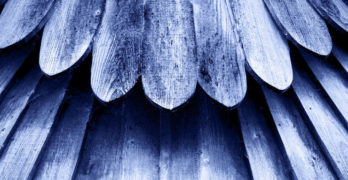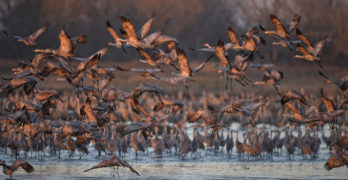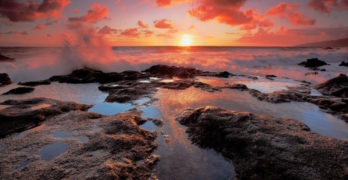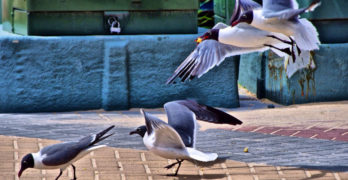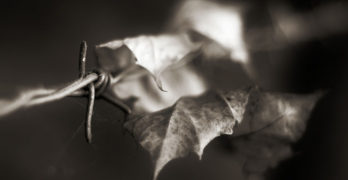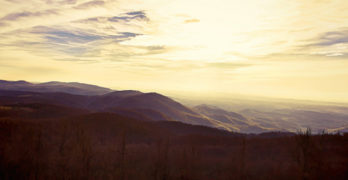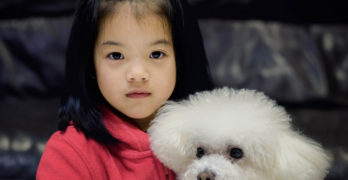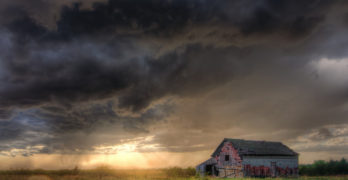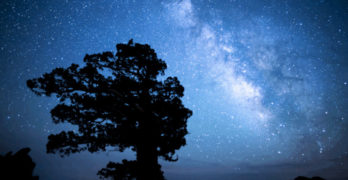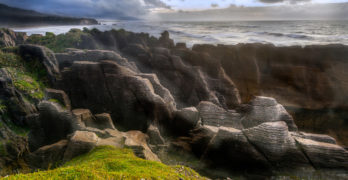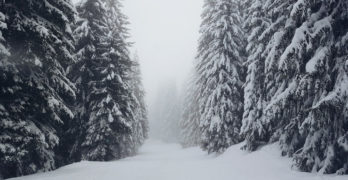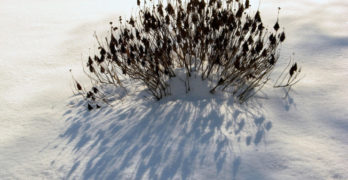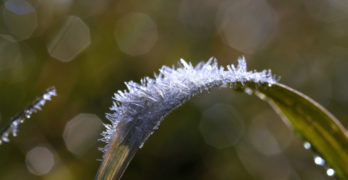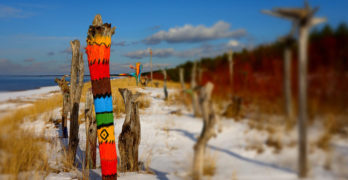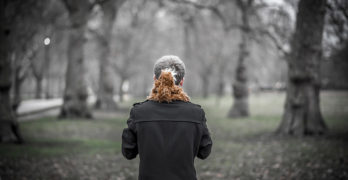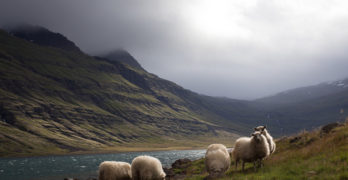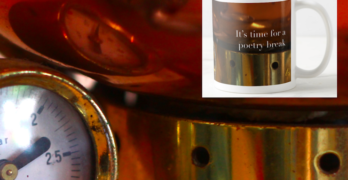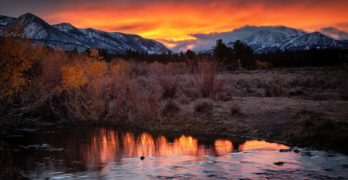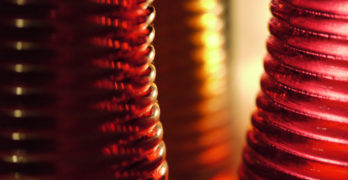“Zoom” by Susan Lewis contains 57 poems representing a wild romp through words, language, phrases, metaphors, and just about everything else.
Poets and Poems: Mark Burrows and “The Chance for Home”
To read “The Chance for Home” by Mark Burrows is to immerse oneself in the quiet beauty of memory, experience, reflection, and, ultimately, hope.
“The Fall of Arthur” – A Fragment by J.R.R. Tolkien
The legend of King Arthur has captivated imaginations for centuries. Geoffrey of Monmouth started it, and even J.R.R. Tolkien tried his hand at it.
Poets and Poems: Athena Kildegaard and “Course”
The poems of “Course” by Athena Kildegaard provide a kind of natural sanctuary, where one comes to watch and to listen to what the landscape has to say.
Poets and Poems: Darren Demaree and “Two Towns Over”
The 56 poems of “Two Towns Over” by poet Darren Demaree powerfully document the devastation of the opioid addiction crisis.
Poets and Poems: Karen Paul Holmes and “No Such Thing as Distance”
In her new poetry collection “No Such Thing as Distance,” what matters most to Karen Paul Holmes, both in her head and her heart, is family.
Take Your Poet to School Week: Eugene Field, the Poet of Childhood
Eugene Field is perhaps the perfect poet for Take Your Poet to School Week. It was the schoolchildren of St. Louis who saved his house from demolition.
The Poetry of Farming: “Water at the Roots” by Philip Britts
“Water in the Roots,” a collection of the writings and poetry of Philip Britts, describes the life, faith, and farming practices of the Bruderhof community.
Finding Jack Gilbert and “Refusing Heaven” in a Bookstore
Finding “Refusing Heaven” by Jack Gilbert in a Chicago-area bookstore leads to a consideration of what matters in these lives we live.
Francis Ledwidge: Reconsidering a War Poet
Irish poet Francis Ledwidge is not one of the better known poets of World War I, because he was an Irishman who fought for the British Army.
The Floodgate Poetry Series: Three Chapbooks
The Floodgate Poetry Series brings together three poetry chapbooks that demonstrate some of the beautiful poetry being written today.
Poets and Poems: Clive James and “Injury Time”
Once told he had only months to live, Clive James wrote a book of poetry. The months became years, and now he’s written another, “Injury Time.”
Poets and Poems: Matt Duggan and “One Million Tiny Cuts”
“One Million Tiny Cuts” by poet Matt Duggan is a bold, angry collection of poems, full of vivid images and metaphors, and a kind of fist raised at society.
The T.S. Eliot Prize: “Night Sky with Exit Wounds” by Ocean Vuong
“Night Sky with Exit Wounds” by Ocean Vuong has won the 2017 T.S. Eliot Prize. It is a stunning, haunting, and disquieting collection.
Poets and Poems: Michael Pedersen and “Oyster”
“Oyster” by Scottish poet Michael Pedersen is a jarring, irreverent poetry collection that wallops you with unexpected tenderness.
Poets and Poems: Jennifer Wallace and “Almost Entirely”
“Almost Entirely” by Jennifer Wallace contains 73 poems that look deeply at what makes us human, and what is within us that keeps reaching for the divine.
Your Work Is Poetry: Poetry at Work Day 2018!
Today is Poetry at Work Day 2018. Most poets have day jobs, because poetry isn’t that lucrative a profession. But poetry is inherent in all work.
Poets and Poems: Tania Runyan and “What Will Soon Take Place”
The 54 poems of “What Will Soon Take Place” by Tania Runyan are inspired by an unexpected source — the Book of Revelation in the Bible.
Poets and Poems: Sinead Morrissey and “On Balance”
“On Balance,” the new poetry collection by Sinead Morrissey, reminds us that technology brings both the good and the tradeoff.
Poets and Poems: Nikita Gill and “Wild Embers”
“Wild Embers” by Nikita Gill, comprising 113 relatively short poems, is a snapshot of a poet’s popularity on social media.
